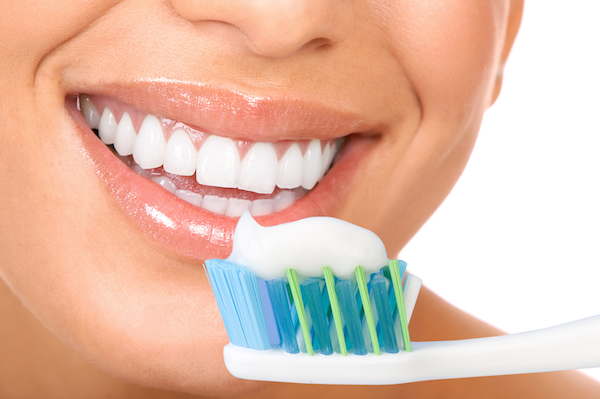As children, the importance of good oral hygiene was drilled into our head. Hopefully—and we do mean hopefully—that has carried over into adulthood as well. What wasn’t mentioned when we were children, however, was the potential risk of developing inflammatory bowel disease (IBD) as a result of good oral health.
Seems crazy, right? Who wants to walk around with missing teeth, bad breath and tooth decay? Well, a population-based cohort study of more than 20,000 people in Sweden associated poor oral health with a reduced risk of IBD.
For years, medical researchers and gastroenterologists concluded environmental factors, such as westernization and modernization, were the causes of the worldwide prevalence of IBD. That said, improved hygiene—while a good thing in many cases—has reduced human exposure to microbes. This reduced exposure is now believed to be associated with an increased risk of autoimmune disorders, including IBD.
Weiyao Yin et al performed a prospective cohort study of the association between poor oral health and risk of IBD in 20,162 persons in Sweden. Participants in the population-based survey (15 years or older) were offered clinical oral examinations and asked to respond to questionnaires, and followed from January 1973 through December 2012. 209 subjects with IBD were identified from the National Patient Register. Unacceptable levels of dental plaques (an accumulation of biofilms containing various bacterial species on the tooth surface) were associated with 68 percent lower risk of Crohn’s disease. However, there was no correlation between dental plaque and ulcerative colitis. Similarly, people with severe lack of oral hygiene (5 to 6 teeth missing) had a 44 percent lower risk of IBD than people who had not lost any teeth.
In conclusion, the authors state they do not discourage oral hygiene, but that over protective daily hygiene might be considered a factor involved in the development of IBD.


